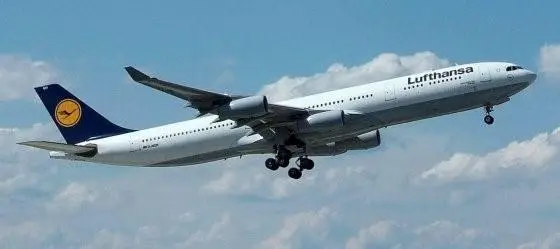Managing travel costs effectively is a key goal for organizations with a global workforce. Rising travel expenses, fluctuating exchange rates, and the need for consistent policy enforcement can complicate budgeting for employee travel. Organizations like TPE (TravelpoolEurope) provide strategic support, helping companies implement global strategies to control travel costs without sacrificing quality or employee satisfaction. In this article, we explore essential global strategies for managing travel expenses efficiently, showcasing tools, techniques, and best practices to maximize cost efficiency.
Securing competitive rates with airlines, hotels, and rental agencies is essential to controlling travel expenses. By negotiating global agreements with preferred vendors, companies can achieve significant cost savings while ensuring service consistency across regions.
Utilizing digital expense management solutions provides real-time visibility into travel spending, helping to monitor costs, enforce policies, and streamline reimbursement processes. Companies like TPE implement these tools to support clients in achieving effective, transparent expense tracking.
A well-defined travel policy sets clear expectations for booking procedures, travel standards, and reimbursement limits. Enforcing compliance ensures employees book within approved guidelines, reducing overspending.
Centralized booking consolidates travel requests through a single platform, improving control and consistency. It also simplifies monitoring for compliance and helps consolidate spend with preferred vendors for better rates.
Implementing a global strategy for managing travel costs provides the following benefits:
Negotiating with travel vendors on a global scale involves several key tactics. Below is a comparison of different approaches:
| Negotiation Tactic | Advantages | Challenges |
|---|---|---|
| Bulk Booking Agreements | Offers lower rates due to volume discounts | Requires forecasting of travel volume accurately |
| Loyalty Programs | Access to additional discounts and perks | Limited flexibility with other vendors |
| Multi-Year Contracts | Secures long-term rates, protecting against price increases | Reduced flexibility to switch vendors if rates become uncompetitive |
| Preferred Vendor Lists | Ensures consistency in service and rates | Requires rigorous vetting and ongoing review of vendors |
To establish a successful strategy, follow these key steps:
Adopting specific booking practices can help reduce overall travel costs. The table below highlights several strategies:
| Practice | Benefit | Implementation Example |
|---|---|---|
| Advance Booking | Reduces ticket prices by securing early-bird discounts | Require bookings to be made 14-30 days in advance |
| Off-Peak Travel | Lower rates for flights and hotels during off-peak periods | Encourage travel outside peak seasons when possible |
| Flexible Booking Options | Reduces change fees with flexible cancellation policies | Prioritize booking with vendors offering flexible terms |
| Use of Approved Vendors | Ensures consistent pricing and service standards | Require bookings through a centralized booking system with approved vendors |
Maintaining compliance across regions is vital to control costs effectively. TPE assists its clients with:
As a trusted travel management partner, TPE plays a critical role in helping companies manage travel costs on a global scale. TPE’s expertise in vendor negotiation, policy development, and digital tool integration empowers clients to maintain control over their travel budgets. By leveraging real-time data, TPE supports clients in monitoring and optimizing travel spending, ensuring alignment with organizational goals. From selecting cost-effective travel options to providing tailored solutions for regional compliance, TPE provides comprehensive support for every aspect of travel management.


Mailing list
Sign up if you would like to